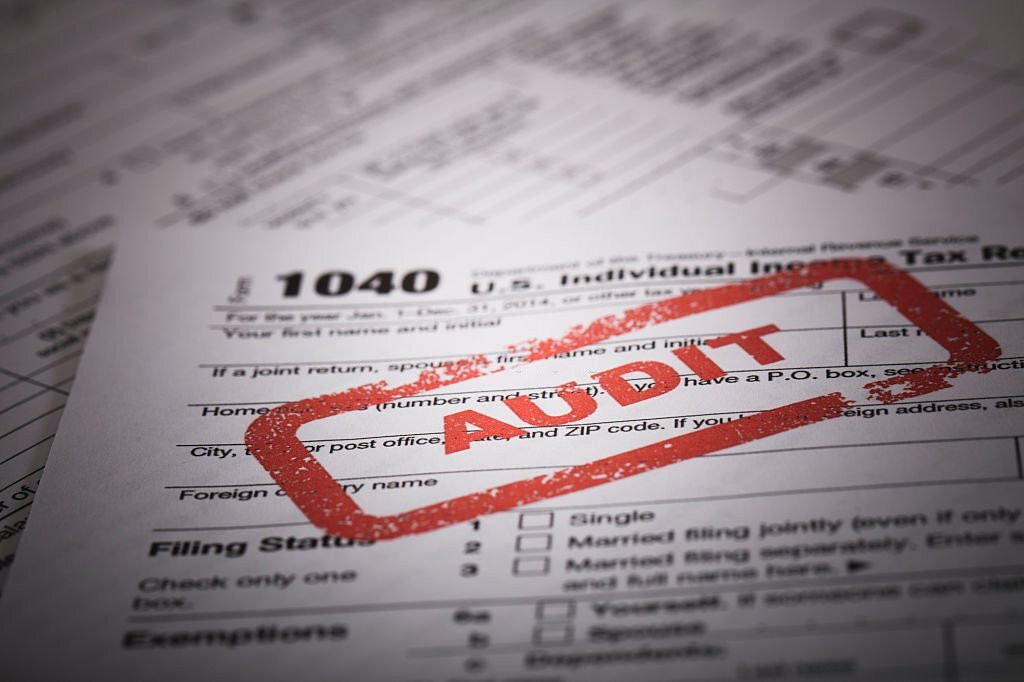Suppose you get a letter in the mail from the IRS notifying you that you’re being audited. Don’t panic. In most cases, you’ll emerge from the process relatively unscathed, as long as fraud isn’t involved.
First things first: Check to see if the IRS will be conducting a correspondence audit or a field audit. It makes a big difference in how you should handle things.
As the names imply, a “correspondence audit” is handled through the mail, while a “field audit” involves a face-to-face meeting with an agent in the field. Generally, a correspondence audit is less intrusive than a field audit, but both must be taken seriously.
A correspondence audit is the lowest level of IRS audits and usually doesn’t involve large sums of money. Typically, the audit is triggered by a relatively minor tax return error—for instance, an omission, understatement or inaccurate entry. Accordingly, the IRS computers flagged your return for review.
The CP2000 notice is the notification letter most commonly received by taxpayers in a correspondence audit. It occurs when the income or payment information the IRS has on file doesn’t match the amount reported on your tax return. The discrepancy may result in increased tax liability. Once you’ve digested the contents of the letter, take these steps:
- Complete the form stating whether you agree or disagree with the notice. The response form spells out what you have to do.
- Follow the instructions. If you agree with the IRS, you may have to pay back taxes, interest and penalties.
- Contact the appropriate party if the information provided to the IRS is wrong. Obtain a correction and send a copy to the IRS.
Remember that all the correspondence goes through snail mail. The IRS won’t email or text you.
Conversely, field audits are more intense. In this instance, an IRS representative generally visits your home or place of business. As opposed to a correspondence audit, which usually focuses on just one or two items in a single tax year, the field audit is more comprehensive. It could involve several parts of your return or even the entire return for one or multiple tax years.
Despite the gravity of the matter, try to remain calm and follow the agent’s lead. Answer all their questions, but otherwise allow your professional advisor to do the talking. Don’t volunteer any information—the agent doesn’t need to know your vacation plans or your secret recipes.
Upon conclusion of the audit, the IRS will assess the tax damages, if any. But that doesn’t mean you have zero recourse. You can avail yourself of an appeal process if you disagree and are convinced you’re on firm ground.
Final words of wisdom: Whether you’re coping with a correspondence audit or a field audit, it is advisable to to have a tax advisor on your side. And it’s strongly recommended for a field audit. Don’t think that you simply muddle through on your own—play it on the safe side.
Thanks for reading CPA Practice Advisor!
Subscribe Already registered? Log In
Need more information? Read the FAQs
Tags: Income Taxes, IRS, Taxes





